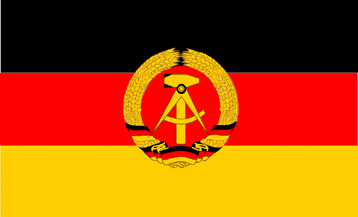October 3
On this day in 1990 the great divide between East and West Germany, the front line between Soviet and Western ideologies for over four decades, was erased in an instant. Germany became one nation for the first time since 1945.

The reunification of Germany on October 3, 1990 followed the dramatic destruction of the Berlin Wall on November 9 the previous year.
A whole generation of young Germans have grown up post-reunification; the oldest are now adults. Despite the spontaneous joy and camaraderie that accompanied reunification, for many years a few Germans on both sides of the former Iron Curtain waxed nostalgic and echoed Ronald Reagan’s sentiments with a twist: “Mr. Putin, Put back this Wall!”
The West’s discontent lay partially in the economic struggle they had shouldered since 1990, adapting to both a new European Union and the weaker economy of the East. In the East, on the other hand, though they may have lacked fancy cars and TVs during the Soviet era, many missed the security that socialism afforded.
Unity Day doesn’t provide a solution to economic woes, but it offers something more than that. An opportunity to declare something that for many decades was forbidden in Germany: pride in one’s country.
The expression of national pride, something taken for granted in much of the rest of the world, was a big no-no during the half-century following World War II.
On October 3, as Oktoberfest nears its end, the ban on pride is lifted for a day. From the snow-covered peaks of Garmish-Partenkirchen, to the white cliffs of Rugen, to the harbors of Hamburg, to the phoenix that is Leipzig, Germans come together to celebrate what they all have in common.


